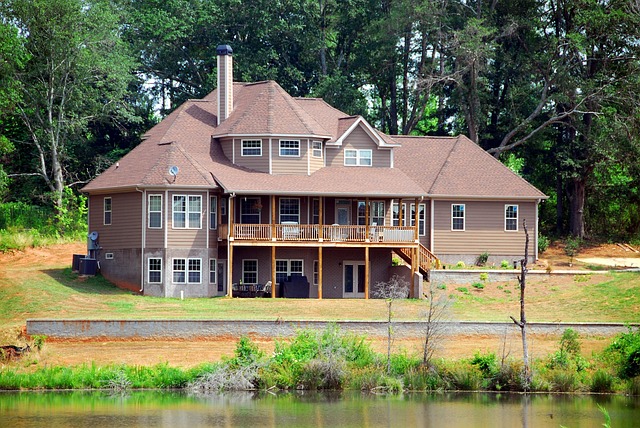Arizona residents near active fault lines like the San Andreas Fault need to understand that standard home insurance policies usually exclude earthquake coverage. To protect their homes and belongings, it's crucial to compare Arizona earthquake insurance rates from various providers, consider adding a rider to their current policy, or purchasing a stand-alone policy. Rates are influenced by factors such as seismic activity, construction type, and structural integrity, with older buildings lacking modern retrofitting facing higher premiums. Comprehensive dwelling protection, including specific perils like earthquakes, offers peace of mind and financial security for diverse properties across urban and rural areas in Arizona.
In Arizona, understanding earthquake risks is paramount for homeowners seeking comprehensive dwelling protection. With a history of seismic activity, Arizona’s earthquake insurance requirements are essential knowledge for residents aiming to safeguard their properties. This article explores the factors influencing earthquake insurance rates in Arizona and delves into the benefits of comprehensive dwelling policies available to state residents. By examining these key aspects, homeowners can make informed decisions to mitigate potential financial losses from earthquakes.
- Understanding Arizona's Earthquake Risk and Insurance Requirements
- Factors Influencing Earthquake Insurance Rates in Arizona
- Comprehensive Dwelling Protection: Policies and Benefits for Arizona Residents
Understanding Arizona's Earthquake Risk and Insurance Requirements

Arizona, known for its stunning desert landscapes and vibrant cities, is also susceptible to seismic activities due to its proximity to active fault lines. Understanding the earthquake risk in this state is crucial for homeowners seeking comprehensive dwelling protection. The southern portion of Arizona lies near several major faults, including the San Andreas Fault, making it a region of heightened seismic activity.
When considering Arizona earthquake insurance rates, residents should be aware that coverage can vary significantly between providers. It’s essential to compare policies and understand the specific requirements for your area. Many standard home insurance policies do not include earthquake protection, so purchasing an additional rider or a stand-alone policy is often necessary. This decision will ensure that in the event of an earthquake, your dwelling and belongings are adequately protected.
Factors Influencing Earthquake Insurance Rates in Arizona

Several factors play a significant role in determining Arizona earthquake insurance rates. One of the primary considerations is the seismic activity in specific areas. Arizona, while not as prone to earthquakes as other regions, does experience occasional tremors, with certain locations being more susceptible than others. The risk assessment for each property takes into account its proximity to historical earthquake epicenters and fault lines.
Additionally, the construction type and age of structures are crucial factors. Older buildings, especially those constructed without modern seismic retrofitting, pose higher risks. Insurance providers evaluate the building’s frame, foundation, and overall structural integrity to calculate premiums. The cost of repairs or replacement after an earthquake event significantly impacts Arizona earthquake insurance rates, making properties with substantial investments more attractive for insurers.
Comprehensive Dwelling Protection: Policies and Benefits for Arizona Residents

In Arizona, comprehensive dwelling protection is a crucial consideration for residents, given the potential risks from natural disasters such as earthquakes and wildfires. Unlike standard homeowners insurance policies that often exclude coverage for these events, comprehensive dwelling protection offers peace of mind by including specific perils like earthquake damage within its scope. This type of policy is designed to safeguard Arizona’s diverse properties, from historic homes in urban centers to sprawling ranches in rural areas.
Arizona earthquake insurance rates vary depending on several factors, including the location, age, and construction type of the property. However, with a comprehensive dwelling protection plan, homeowners can ensure that their investment is adequately covered against seismic activities. This coverage not only helps in repairing or rebuilding structures but also replaces personal belongings damaged during an earthquake, providing financial security for Arizona residents facing these unforeseen events.
In conclusion, understanding Arizona’s unique earthquake risks and navigating the corresponding insurance landscape is paramount for residents seeking comprehensive dwelling protection. By considering various factors influencing earthquake insurance rates, individuals can make informed decisions to safeguard their homes. Opting for a well-designed policy offers peace of mind and financial security against potential seismic events, ensuring Arizona residents are prepared for any unexpected challenges. Remember, staying proactive with adequate coverage is key to mitigating risks associated with these natural occurrences.
